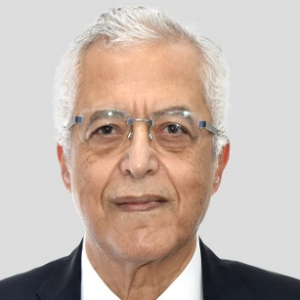Disease Modeling and Personalized Regenerative Medicine
Tailored solutions for complex diseases require systems that replicate patient-specific conditions. Disease modeling and personalized regenerative medicine combine 3D tissue models, patient-derived cells, and bioengineered platforms to predict treatment responses and design targeted therapies. By recreating pathological environments in vitro, researchers can evaluate drug efficacy and explore disease progression mechanisms. This approach reduces dependency on animal models and improves translational relevance. Integration with genomic data, artificial intelligence, and bioprinting allows for highly individualized therapeutic planning. Disease modeling and personalized regenerative medicine enhances precision medicine by aligning cellular behavior with specific genetic and environmental factors, making regenerative interventions more effective and patient-centered.

Nagy Habib
Imperial College London, United Kingdom
Lucie Bacakova
Institute of Physiology of the Czech Academy of Sciences, Czech Republic



Title : AI-integrated high-throughput tissue-chip for space-based biomanufacturing applications
Kunal Mitra, Florida Tech, United States
Title : Stem cell technologies to integrate biodesign related tissue engineering within the frame of cell based regenerative medicine: towards the preventive therapeutic and rehabilitative resources and benefits
Sergey Suchkov, N.D. Zelinskii Institute for Organic Chemistry of the Russian Academy of Sciences, Russian Federation
Title : In vitro evaluation of lyophilized Dedifferentiated Fat cells (DFAT) impregnated artificial dermis
Kazutaka Soejima, Nihon University, School of Medicine, Japan
Title :
Nagy Habib, Imperial College London, United Kingdom
Title :
Alexander Seifalian, Nanotechnology & Regenerative Medicine Commercialisation Centre, United Kingdom
Title : The regenerative medicine of the future
Marco Polettini, DVM, Italy